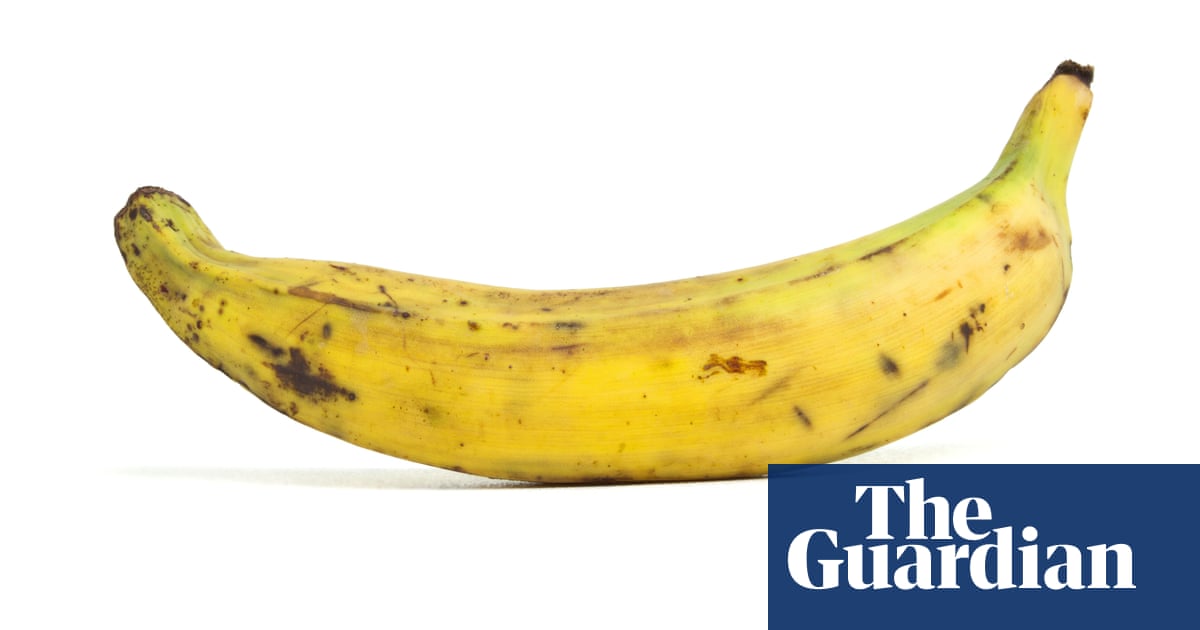If seeing a lone, desolate banana on a supermarket shelf leaves you feeling a little blue, you are not alone.
Researchers have found that labelling unsold loose fruits as “sad singles” tugs on shoppers’ heartstrings and increases the likelihood that they’ll be sold.
Their study showed that customers are more likely to pick up an individual banana, often left as a result of people tearing others from the bunch, if there is an appeal to empathy.
Academics from the University of Bath placed a sign in front of the orphans in the fruit aisle. It showed a banana bearing a frown and the message “we are sad singles and want to be bought as well”.
This moved shoppers. On average, sales in single bananas went from 2.02 next to an emotionless sign to 3.19 with the sad sign – an increase of 58%. The non-empathetic sign simply labelled them as singles wanting to be bought.
Alongside the sad and neutral signage, the academics also placed a “happy single” notice. But while the more cheerful version was more effective than no emotion at all, it seems customers prefer their fruit more maudlin.
The happy banana signage increased hourly sales of single bananas from 2.02 to 2.13 (5.4%), making the sad banana signage almost 50% more effective than the happy banana. A later online study also showed promising results with tomatoes.
The researchers carried out the experiment in a major German supermarket chain, observing the purchasing behaviour of 3,810 customers over the course of 192 hours. The study, “Anthropomorphic sad expressions reduce waste of ‘single’ imperfect food”, is published in the journal Psychology & Marketing.
Dr Lisa Eckmann, a researcher from the Bath Retail Lab, said that appealing to people’s emotions to sell bananas was an “easy, low cost, effective” way to cut food waste and promote sustainability.
She added: “The plight of the single bananas is really relatable, and the findings have very practical applications for boosting sales and reducing food waste from our supermarkets.
“We don’t know whether consumers might get emotionally numb to sad bananas in the long term, but it’s an idea that certainly draws people in, and is easy to act on. I wasn’t aware of how single bananas accumulate to such a big food-waste problem, and now I always look out for loose, single bananas when I’m shopping.”
Previous research has shown that single bananas account for the single highest climate impact and food waste at supermarkets.
Charles Spence, an experimental psychologist at the University of Oxford whose work has included looking at the link between human senses and design and marketing, says that people can feel emotions towards the food they buy.
“A growing number of the population are living alone, eating alone. If they see a single banana and are told it’s lonely too, it creates empathy, and that makes people want to buy it.”

